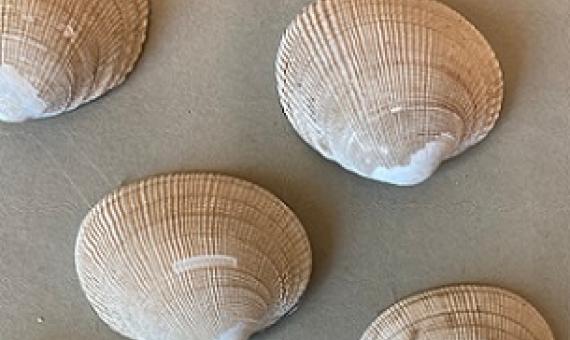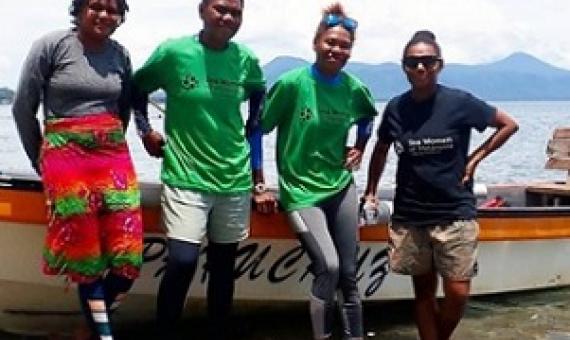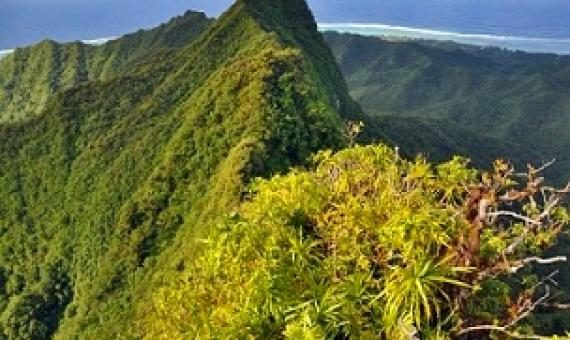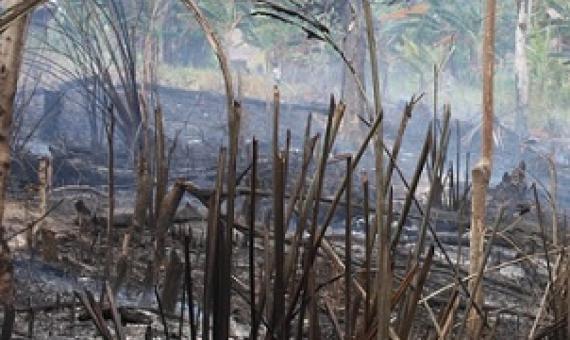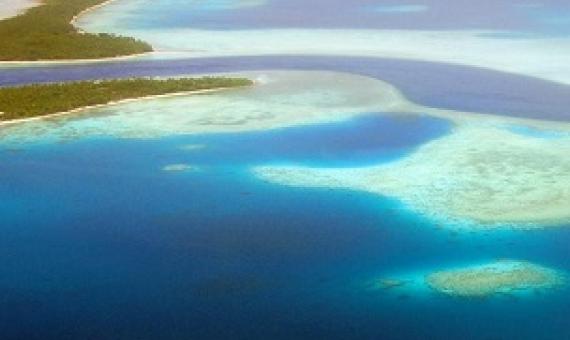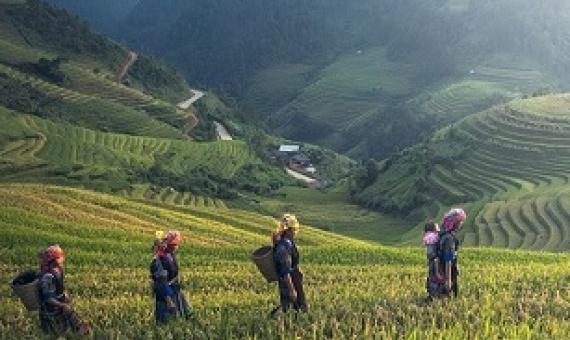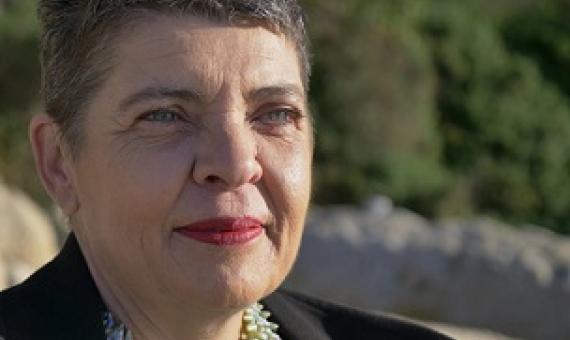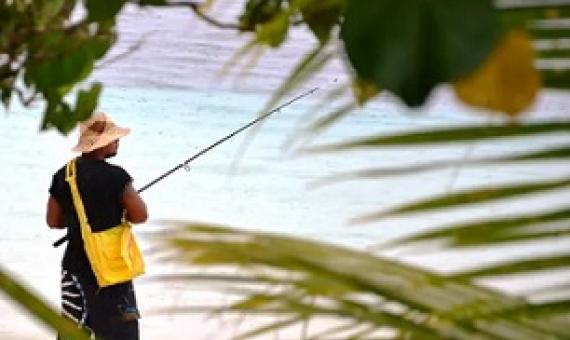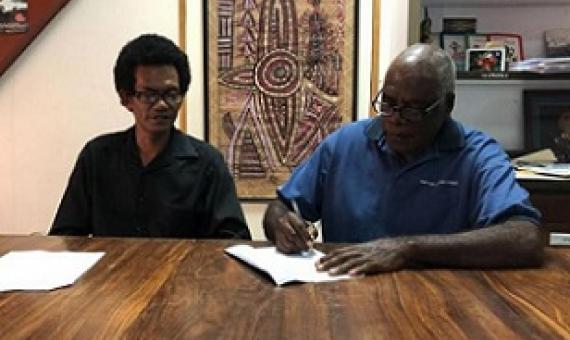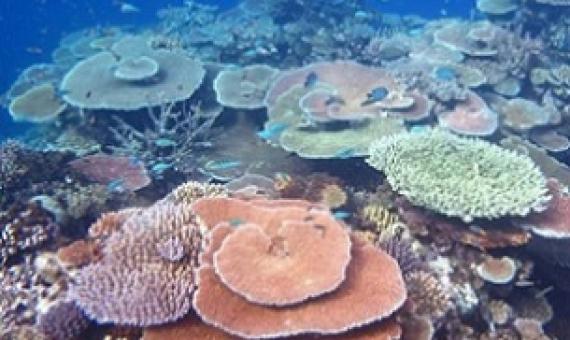Ocean acidification is a major concern related to climate change, with the oceans currently absorbing around a quarter of the carbon dioxide that is released into the atmosphere.
A group of Indigenous women is being trained to safeguard coral reefs under threat from climate change.
A collection of 17 papers in Pacific Conservation Biology aims to transform the field of conservation biology.
Aboriginal people in Australia view wilderness, or what is called "wild country," as sick land that's been neglected and not cared for. This is the opposite of the romantic understanding of wilderness as pristine and healthy—a view which underpins much non-Indigenous conservation effort.
Some months ago, I was part of a special ocean and culture story-telling workshop on my home island of Erromango, in southern Vanuatu.
Five Simon Fraser University scholars are among international scientists sounding an alarm over the "pervasive social and ecological consequences" of the destruction and suppression of the knowledge systems of Indigenous Peoples and local communities.
Dr Emma Lee is the first Indigenous Australian to author guidelines for an advisory body to the UN.
Our moana (ocean) is in a state of unprecedented ecological crisis. Multiple, cumulative impacts include pollution, sedimentation, overfishing, drilling and climate change. All affect the health of both marine life and coastal communities.
The Erromango Cultural Association has won a UK funded grant through the One Ocean Hub to draw from Erromango’s artistic and cultural heritage to produce contemporary artwork and traditional stories that celebrate the indigenous connection to the ocean...The 10-month Erromango project will a
The Australian Government is placing Indigenous knowledge at the centre of efforts to boost water quality, tackle crown-of-thorns starfish and care for wetland habitats.

